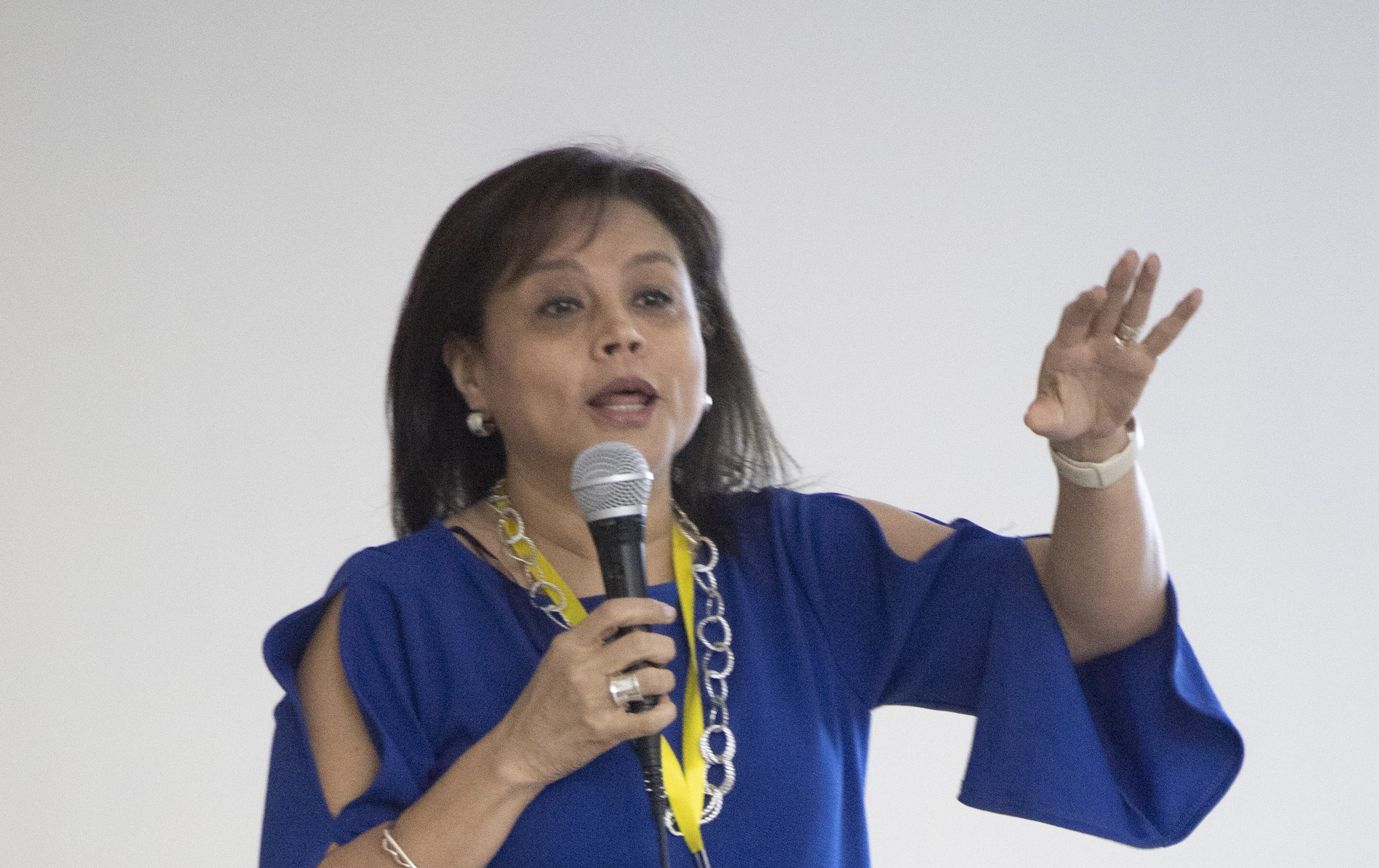
A quick sit down with Dr Carolina Haylock-Loor
Why did you become an anesthesiologist?
As a physician, I wanted to take perioperative care of patients who were in a very vulnerable state. It’s a holistic medical speciality that includes not only anesthesia, but intensive care, emergency medicine, pain management.
What does safe surgery mean to you?
Safe surgery for me, must be a compound phrase: Safe Anesthesia-Surgery, you can’t talk about safe surgery if you forget to pair anesthesia to it. Safe surgery doesn’t exist without safe anesthesia. And it’s very important not to assume that it is always implicit in safe surgery.
Safe Anesthesia-Surgery must be safe, accessible and affordable to everyone.
What are the biggest obstacles to achieving safe surgery in your country?
From working experience, the three main factors are present: lack of physician anesthesia providers, lack of safety and quality in medicines and lack of infrastructures like monitors and equipment.
What difference will the Lifebox project make to safer surgery in your region?
Lifebox’s workshops in Central America aim to improve the safety of anesthesia and surgery in the region (Guatemala, Honduras, Nicaragua and El Salvador) through fostering regional skill sharing and training of local surgical teams to strengthen the use of Surgical Safety Checklist in public hospitals, implementing skills and knowledge related to surgical instruments sterilisation and maintenance.
Why are these workshops in Central America important for improving healthcare in the region?
They are important as they give us the capacity to improve safety culture, which is so needed within Central American health systems. Safety for the patient but also for a safe practice with better communication and teamwork within the OR personnel.
What did you enjoy most from the workshops?
From seeing the teamwork scenarios, to the different strategies of adapting the Checklist to different environments, in general, everything was enjoyable!
What are your hopes for the participants who were in the workshops for the future?
Local problems need local solutions. I hope the workshops have empowered anesthesiologists of the region to implement strategies for strengthening the use of the surgical safety checklist.

